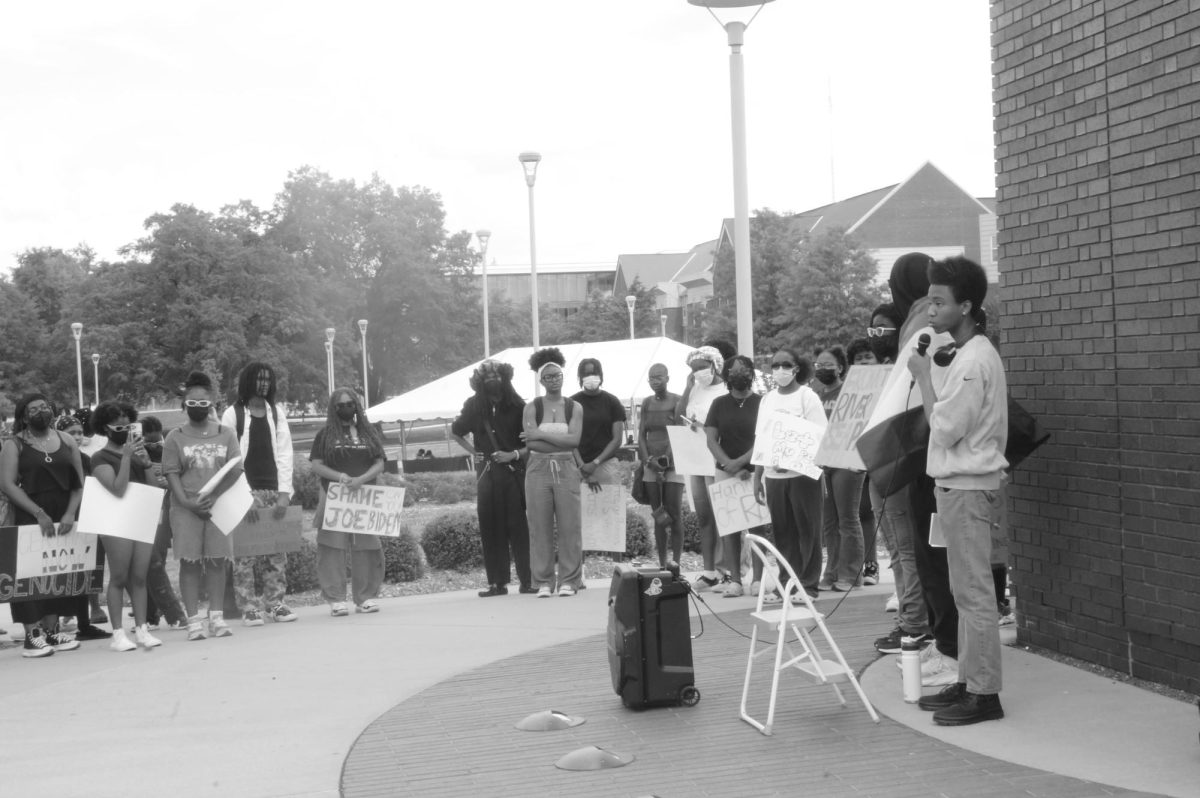Fifty years ago, Dr. King dreamt. He dreamt of a nation where his “four little children will one day live in a nation where they will not be judged by the color of their skin, but by the content of their character.”
Half a century later, we stand as inheritors of a long-fought battle for justice at the commemoration of the 50th anniversary of the March on Washington.
The nation since then made many significant leaps towards equality. Our society has become much more open and equal.
We are no longer subjected to the legal segregation that divided us in the past, and all people, regardless of race, have the same rights and benefits. In fact, we have become a beacon of equality for the world.
President Barack Obama said of the implications of the march, “The entire world drew strength from that example, whether it be young people who watched from the other side of an Iron Curtain and would eventually tear down that wall, or the young people inside South Africa who would eventually end the scourge of apartheid.”
And yet, the dream remains deferred.
“We still have much work to be done for Dr. King’s dreams to be met,” said Andrew Meshnick, Georgetown University freshman and gathering attendee, in a phone interview. “On that day in 1963, Dr. King spoke not just of social equality, but also of economic opportunity and equality — something that still eludes us.”
Though we may have eliminated legal barriers to vote and segregation in schools and throughout our society, we have not been able to remedy the economic inequality between races.
Black unemployment remains almost twice as high as white unemployment, the wealth gap remains stubbornly high and upward mobility has only become harder.
“Schools still to a large degree remain segregated,” explained Chair and Associate Professor of Political Science Maria Rosales. “Schools in predominantly black communities continue to be less funded and often have inadequate resources. Also, many blacks continue to have inadequate access to quality health care, making it harder for them to recover from accidents at work.”
She went on to explain that “blacks and, in general, many other minorities are trapped in a cycle of generational inequality and immobility.”
Latonia Etheridge, CCE student and organizer of the March on Washington in Greensboro, a gathering of local residents to reflect upon King’s “I Have a Dream” speech and the current state of civil rights, also noted the slow yet continuing pace of change.
“We have acknowledged the road does not end,” Etheridge said via email interview. “From the many things King stated in his ‘I Have a Dream’ speech, one was that 1963 is not the end, but the beginning. He was so right; he somehow knew that the movement would be one with several layers for many years to come.
“In other words, the path to equal justice is a long, long thorny road.”
The march has left not just a legacy, but also an expectation of equal access and opportunity. We cannot say the march is over or the movement has ended until all members of our society have equal economic opportunity and access.
It is true that much has changed since the march — 50 years ago, nobody would have dreamed of a black president — but much work remains to be done especially in gaining equal economic opportunity.
[photomosaic nggid=140]












